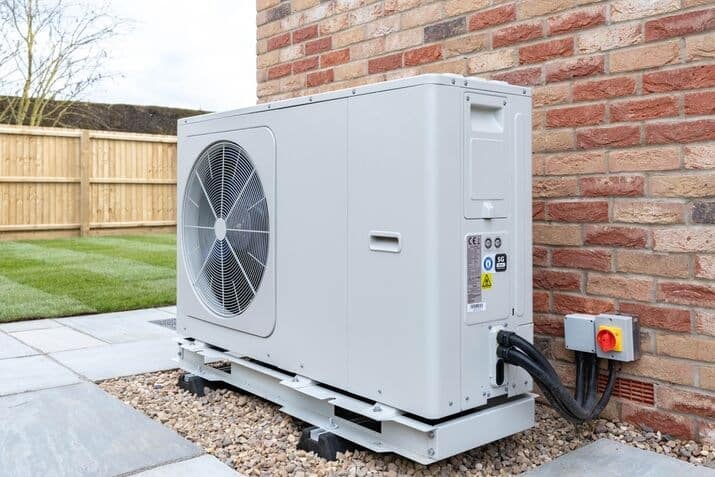Helping consumers, utilities and cities make economic decisions
See how the City of Fort Collins, Lumina Decision Systems, and Apex Analytics are helping to affordably decarbonize buildings by making better decisions about which electrification technologies to pursue.
Many cities and states are adopting aggressive climate goals, requiring concerted action on the part of utilities, cities, and residents to reduce greenhouse gas emissions. Lumina and Apex have developed a tool based on the National Standard Practice Manual (NSPM) guidance to help optimize cost-effectiveness of building electrification programs, including calculation of marginal cost of CO2 abatement. This tool was used to prioritize and improve new residential building electrification measures. Research also showed the importance of filling gaps in customer and contractor knowledge of heat pumps.
The panelist of experts, include:
- James Milford, Director of Consulting with Lumina
- Justin Spencer, Project Director with Apex Analytics
- Brian Tholl, Energy Services Supervisor with the City of Fort Collins, Colorado





